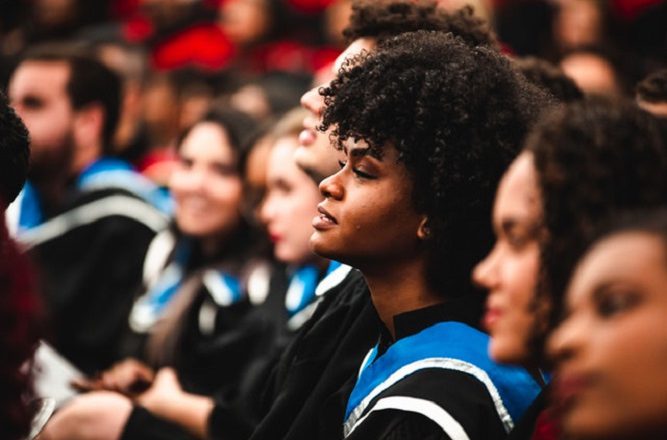COVID-19 Closures Could Hit Historically Black Colleges Particularly Hard
As the COVID-19 crisis forces many schools to close their campuses and move all courses online, some worry that the pandemic could have a bigger negative impact on the nation’s historically black colleges and universities, than for other campuses. Here, The Conversation US has assembled a panel of experts to forecast what’s in store for HBCUs.
How is the outbreak is affecting HBCUs?
Marybeth Gasman, professor of education at Rutgers Graduate School of Education.
Rutgers University
Marybeth Gasman, professor of education at Rutgers University: I am worried about the technology demands on HBCUs, given how few IT specialists many smaller HBCUs have as well as the costs of managing online classes. I’m also worried about students not having access to Wi-Fi at home or laptops – 75% of HBCU stude...




